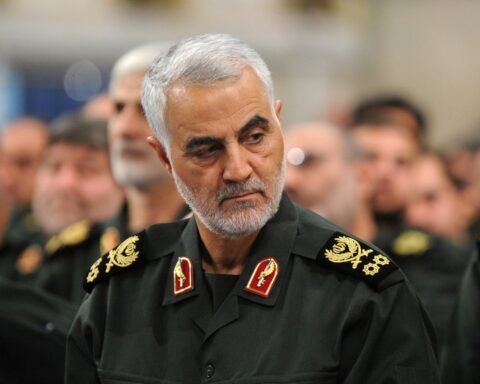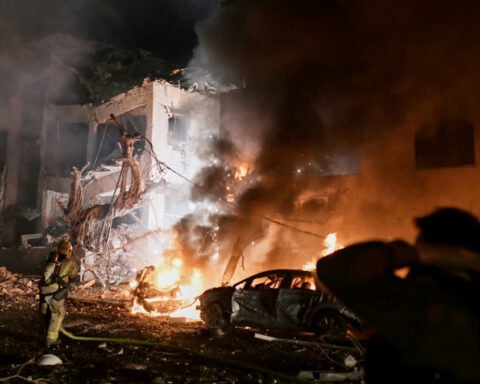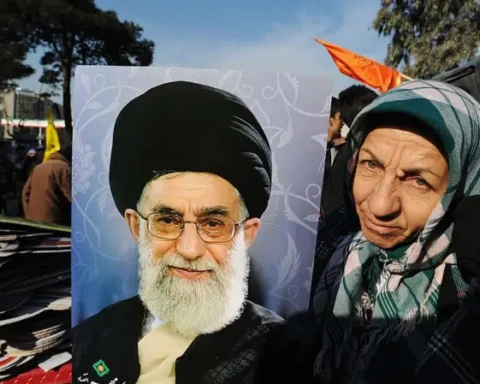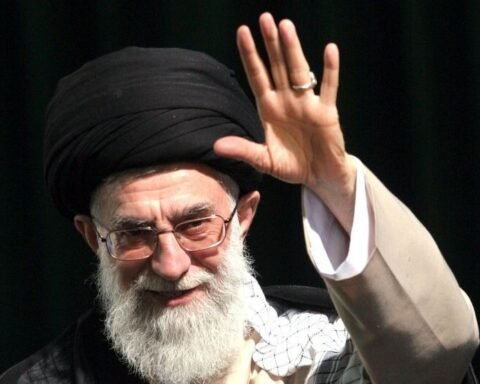Tension continues to rise in the eastern Mediterranean after Israeli naval forces intercepted a civilian aid boat headed to Gaza, detaining Swedish climate activist Greta Thunberg and 11 other human rights campaigners.
The boat, part of a humanitarian initiative organized by the Freedom Flotilla Coalition, was carrying food, baby formula, and medical supplies meant for civilians in Gaza.
The ship, named Handala, had set sail from Sicily, Italy on June 1, aiming to deliver aid and raise awareness about the worsening humanitarian crisis in the Gaza Strip. But before it could reach the blockaded coastal enclave, Israeli forces intercepted it in international waters on Sunday night, June 9, redirecting it to Ashdod, a port city in southern Israel.
According to the Israeli Foreign Ministry, the interception was peaceful and the detained passengers were “safe and unharmed.” A statement released on X (formerly Twitter) described the group’s efforts as a “selfie cruise by celebrities” and dismissed the mission as a publicity stunt. Israel maintains that the blockade on Gaza is necessary to prevent weapons from reaching the Hamas militant group.
But for the activists, this was no publicity campaign.
In a video message recorded before her arrest, Thunberg—renowned globally for her climate activism—urged supporters to pressure the Swedish government to ensure her release. “We are here peacefully, carrying aid to people who are starving. This is not a political mission—it is a moral obligation,” she said.
The Freedom Flotilla Coalition, a group that has been organizing aid missions to Gaza for over a decade, described the Israeli action as a “kidnapping.” They accuse the Israeli navy of violating international maritime law, claiming that the aid boat had not yet entered Israeli waters when it was boarded.
Also among the detained passengers is Rima Hassan, a Member of the European Parliament from France, who has been a vocal critic of Israel’s blockade and military actions in Gaza.
This is not the first time the Freedom Flotilla has clashed with Israeli forces. In 2010, a similar mission ended in tragedy when Israeli commandos raided the Turkish ship Mavi Marmara, killing ten activists and sparking global outrage.
Now, amid an already dire humanitarian crisis in Gaza, international attention is turning once again to the sea—and to the growing calls for relief.
The United Nations has repeatedly warned of an impending famine in Gaza, exacerbated by nearly two years of war and a severe blockade on humanitarian aid.
Also Read; Kenya Confirms 25 Chikungunya Cases in Mombasa
According to aid groups, even basic necessities like clean water and baby formula are in dangerously short supply.
Despite Israeli claims that aid is being processed through official channels, many humanitarian organizations say these pathways are overwhelmed or simply inaccessible. The Handala’s mission was a symbolic yet urgent response to this collapse in relief efforts.
While the aid aboard the ship was relatively small in volume, its meaning was far larger. It carried a message: that global citizens, including young climate activists like Thunberg, are watching—and acting—when political systems fail.
With the detained activists expected to be deported, and no clear resolution in sight for Gaza’s suffering, the Handala’s voyage has again spotlighted not just a blockade, but a global debate about justice, sovereignty, and moral responsibility.







